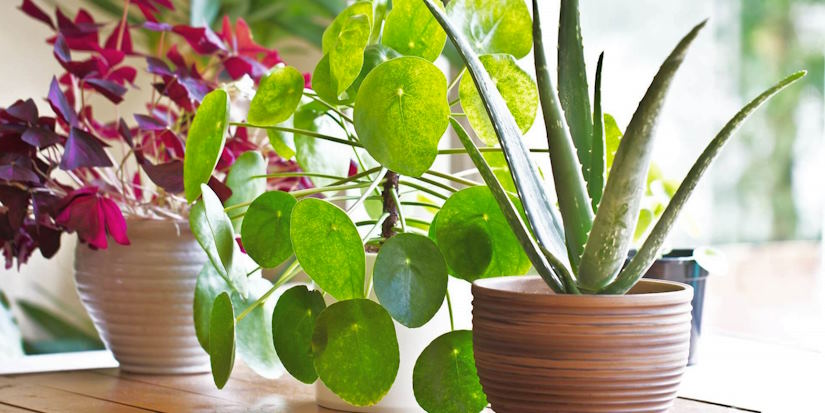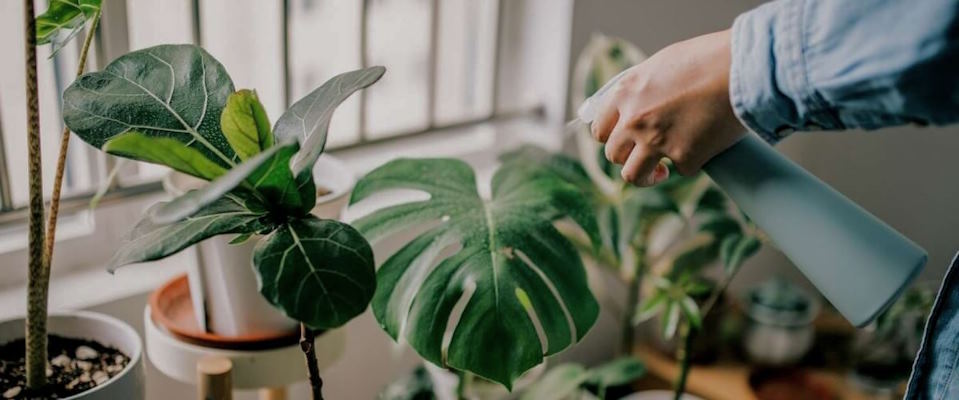Indoor gardening, once seen as a niche hobby, has become increasingly popular for many reasons. In this article, we’ll explore the numerous advantages of indoor gardening, from improved air quality to stress reduction and the opportunity to grow fresh produce. We’ll also delve into the therapeutic and mental health benefits of nurturing plants indoors and highlight the flexibility and year-round possibilities it offers.
Improved Air Quality
One of the most significant benefits of indoor gardening is its positive impact on air quality. Indoor plants act as natural air purifiers by absorbing carbon dioxide and releasing oxygen. They also help remove toxins and improve humidity, creating a healthier indoor environment.
Stress Reduction
Tending to indoor plants can be a therapeutic and stress-reducing activity. Nurturing and caring for plants provides a sense of purpose and relaxation. The visual appeal of greenery in your living space also contributes to a calming and soothing atmosphere.

Fresh Produce at Your Fingertips
Indoor gardening offers the opportunity to grow fresh produce year-round. You can cultivate herbs, vegetables, and even fruits in the comfort of your home. It not only ensures a continuous supply of fresh, organic ingredients but also reduces your carbon footprint by minimizing the need for store-bought produce.
Therapeutic and Mental Health Benefits
The act of gardening has been associated with various therapeutic and mental health benefits, including:
- Stress Reduction: Gardening, even indoors, can reduce stress and promote relaxation.
- Improved Concentration: The presence of plants can enhance focus and attention span.
- Mood Enhancement: Indoor gardening can lift your spirits and boost your overall mood.
- Sense of Accomplishment: Watching your indoor garden thrive provides a sense of achievement and fulfillment.
Flexibility and Year-Round Possibilities
Indoor gardening is incredibly flexible and not bound by seasons. You can grow plants year-round, regardless of external weather conditions. This flexibility allows you to experiment with various plant species and adapt your indoor garden to your preferences.


